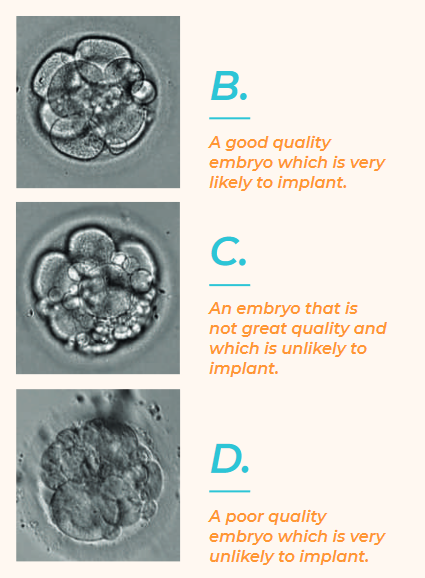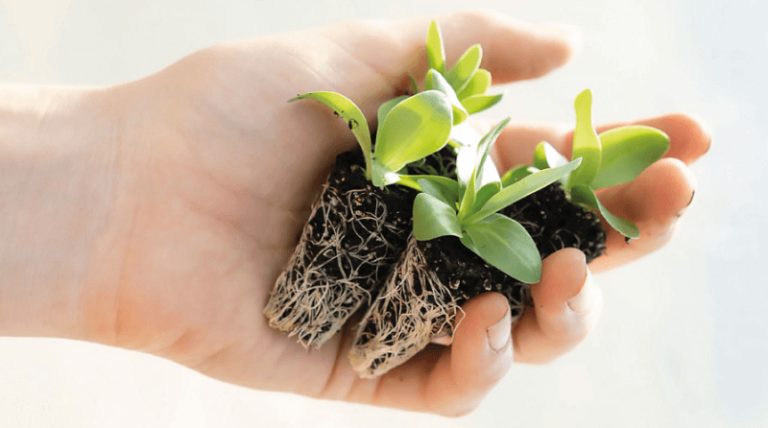Categories of embryo quality
In vitro fertilisation treatments generate a number of embryos that are left cultured in the laboratory where there is an attempt to imitate in vivo conditions using the necessary tools, such as specific incubation systems and certain culture media, depending on the embryo’s needs during the days it is cultured.
This way, the embryos that are of better quality – i.d. those that have grown properly and are in the best conditions – are the ones that will be selected for transfer and/or cryopreservation.
We could define embryo quality as the probability of an embryo being implanted in the uterus and leading to a full-term pregnancy with a healthy baby. Therefore, a good quality embryo will have a greater chance of achieving pregnancy than a lower quality embryo.
Over the years, attempts have been made to standardise embryo scoring criteria. The criteria used in Spanish assisted reproduction centres are those of ASEBIR (Association for the Study of Reproductive Biology).
In line with this system, we classify the embryos according to the number of cells, cell symmetry, degree of fragmentation, presence of vacuoles, etc., taking into account the embryo’s day of development.


Classification in each of these 4 categories is done on the day of transfer. However, during their previous development, the embryos are rated daily. Different morphological aspects are analysed and will be taken into account when classification occurs.
It is important to clarify that all embryos that are transferred have the possibility of leading to pregnancy. We know that, statistically, Category A embryos are more likely than the others and that, as the categories progress, this probability decreases. Still, an assisted reproduction cycle is not always a statistic, and therefore all categories of embryo represent a probability of pregnancy.





